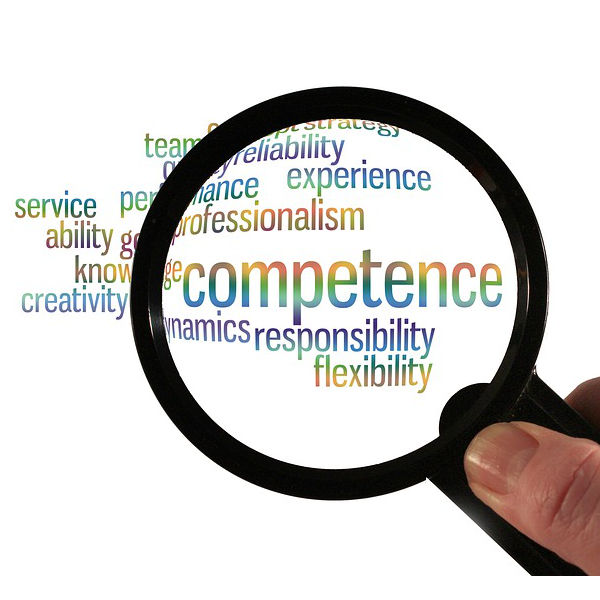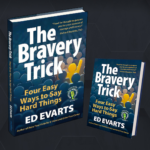It is natural to not pay attention to something you do all the time. However, you should not confuse being practiced at something with being good at something. You eat all of the time, yet that does not mean you eat what you should. You sleep all of the time, yet that does not mean you always have a good night’s sleep. Even if you have been introducing yourself to others throughout your life, you are not necessarily a world class introducer.
Your ability to introduce yourself effectively has roots in the seminal “conscious competency” model created by Noel Burch (Gordon Training Institute) and W. Lewis Robinson. The four stages of learning suggest that you are initially unaware of how little you know about something, or unconscious of your incompetence. As recognition of your incompetence grows, you acquire a skill and begin to consciously use that skill. Eventually, you improve your effectiveness to a point of being unconsciously competent. That’s our goal! You want to be naturally competent when introducing yourself to others.
Let’s use this model and watch as someone working on introducing himself evolves from a fumbler to an introducer.
- Avoider (unconscious incompetent). Carl does not understand how to introduce himself, nor does he recognize the need to do so. He walks into a meeting, sits down, and quietly scrolls email on his smart phone.
- Fumbler (conscious incompetent). Tired of feeling like he is missing the benefits of introducing himself or tired of introducing himself poorly, Carl realizes it would be helpful to introduce himself effectively, yet he does not know how to do so. He is easily distracted and speaks so quickly that others don’t understand him.
- Fumbler (conscious competent). After learning from his Introducer colleagues, Carl begins to introduce himself more often, focusing on being energetic, clear, confident and present. While this takes a lot of focus, he begins to feel good about his efforts.
- Introducer (unconscious competent). Following a lot of practice, Carl consistently and naturally introduces himself with energy, clarity, and confidence – all while being very present in the moment.
When you overlay our three introduction types – Avoider, Fumbler, and Introducer – with the four stages of learning – unconscious incompetent, conscious incompetent, conscious competent, and unconscious competent – a picture begins to emerge of one of the reasons you do or do not introduce yourself effectively.
~~~~~~~~
You can find Ed’s book, Raise Your Visibility & Value: Uncover the Lost Art of Connecting on the Job
on Amazon and Barnes & Noble.







